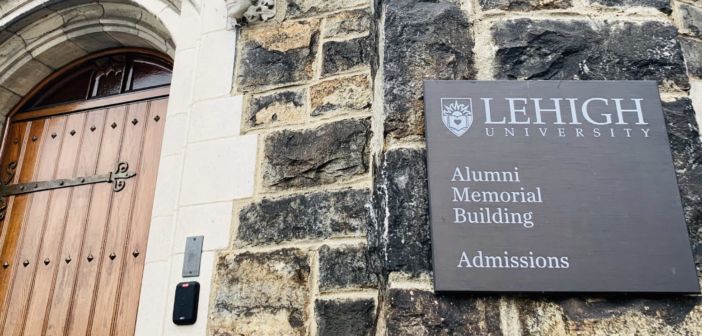The college admission scandal, known as Operation Varsity Blues, exposed wealthy families and celebrities on March 12 for allegedly using bribery to get their children into elite institutions including the University of Southern California, Stanford, Georgetown and more, shedding light on the much-needed appraisal of admissions practices.
In some cases, parents schemed to bribe college coaches and officials to pretend their children were being recruited for a sport, when in reality, the children did not even know how to play the sport.
The scandal has made most of the country feel uneasy, questioning the validity of the college process and how some have cheated their way to the top, while leaving the less privileged behind. The entire scandal has caused a ripple effect across many academic institutions in the country as many elite universities are trying to contain the fallout from the scandal.
President John Simon said in an email that the scandal has caused the public to erode its confidence in the admission process.
“It was very troubling to hear that some individuals engaged in fraudulent behavior in order to circumvent the admissions process,” Simon said. “It should prompt all of us in higher education to turn the spotlight on ourselves. We need to engage in serious conversations about the potential for fraud in our system.”
Director of Admissions Bruce Bunnick said the administration’s reaction was simple: no surprise. He said anyone that has been in this process for long enough knows there is a lot of vulnerability and gray areas.
Bunnick said the process at Lehigh is comprehensive, and the administration takes steps to prevent what occurred in this incident from happening at Lehigh.
“For athletic recruitment, we ensure that our athletes meet admission criteria,” Bunnick said. “Athletes need to be approved by two rosters, be academically qualified and be a viable contributor to their program.”
In terms of admissions, Dean of Athletics Joe Sterrett said Lehigh is slightly lenient toward athletes with regards to their standardized test scores.
“(The average is) usually about half a standard deviation from the average admitted class,” Sterrett said. “However, we work to recruit kids that are not only passionate about their sport, but also belong here. We do not want anyone to struggle once admitted.”
Sterrett said he believes for students to be happy and successful in college, maintaining a natural and organic integrity is the best outcome for the students and university as a whole.
Simon affirmed that the administration will review existing polices to make sure “the best practices” are implemented.
“I can speak for our entire admissions team when I say that Lehigh is committed to the highest level of integrity,” Simon said.
Charges have been filed against individuals involved in the scandal, and 15 parents have appeared in federal court as of March 29.
“This was a ticking time bomb that was going to be inevitably uncovered in higher education,” Bunnick said.






Comment policy
Comments posted to The Brown and White website are reviewed by a moderator before being approved. Incendiary speech or harassing language, including comments targeted at individuals, may be deemed unacceptable and not published. Spam and other soliciting will also be declined.
The Brown and White also reserves the right to not publish entirely anonymous comments.
5 Comments
There may be advantages to the university and students if certain applicants are accepted for valuable donations. An inducement determined freely does not have to be a bribe nor does it have to disadvantage others
Lehigh will not have gift discussions with a donor while a family member is applying for admission. This is a firm rule.
They will, however, stalk HNW parents until the day they take their last breath.
Since when?
Related question: What about legacy admissions? What % of an entering class at Lehigh is comprised of legacy admits on average, and how much of a an advantage do they get?